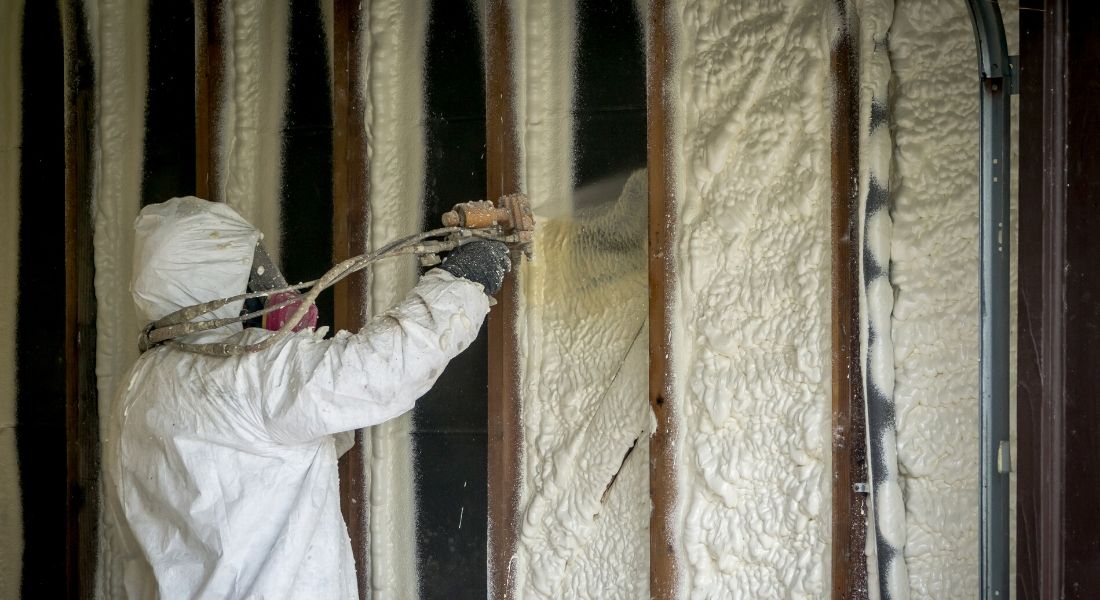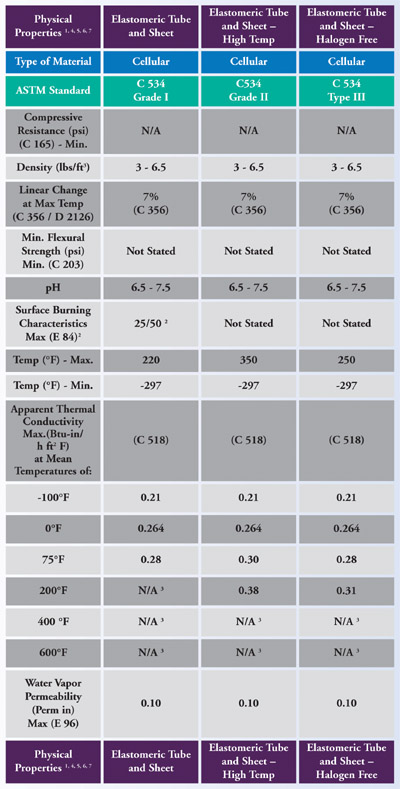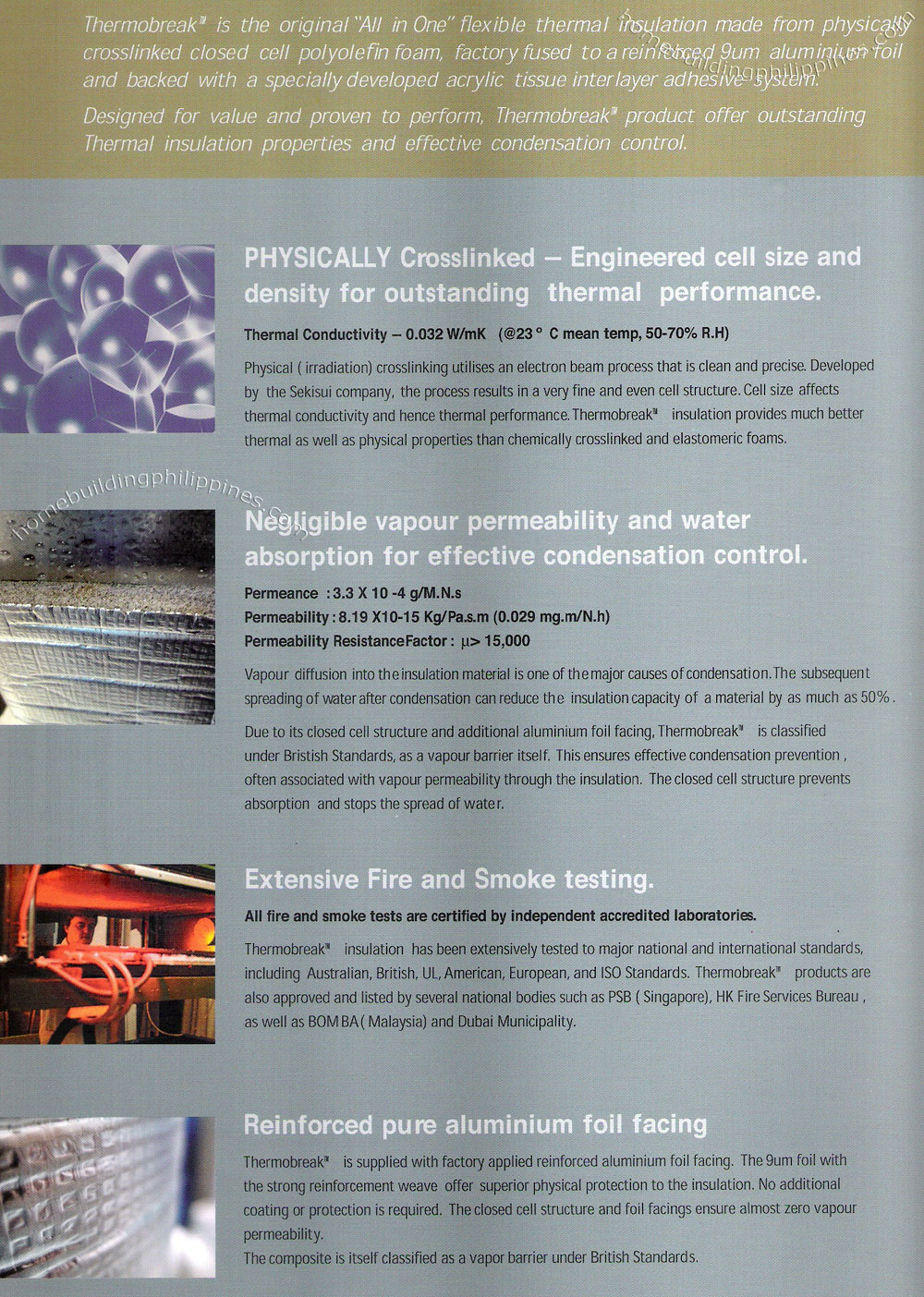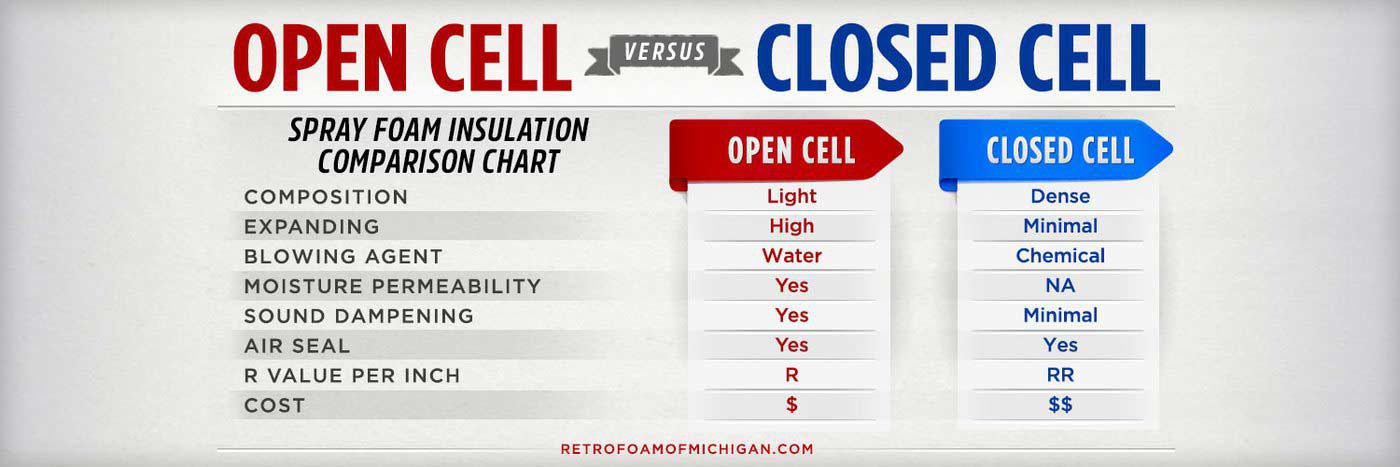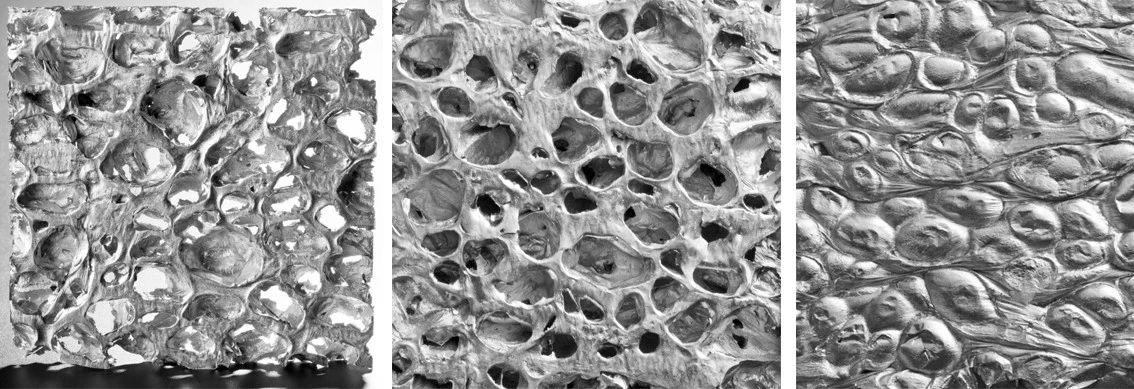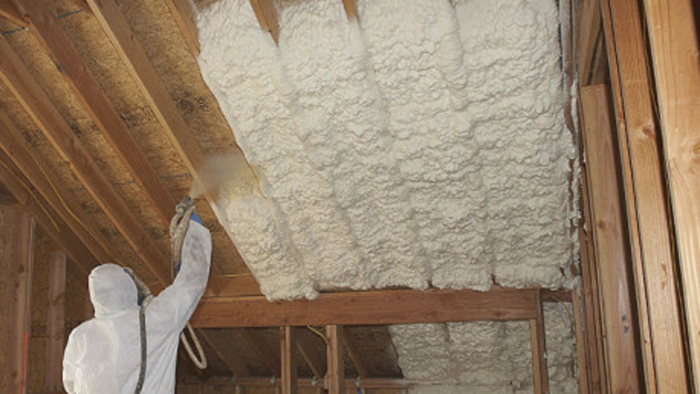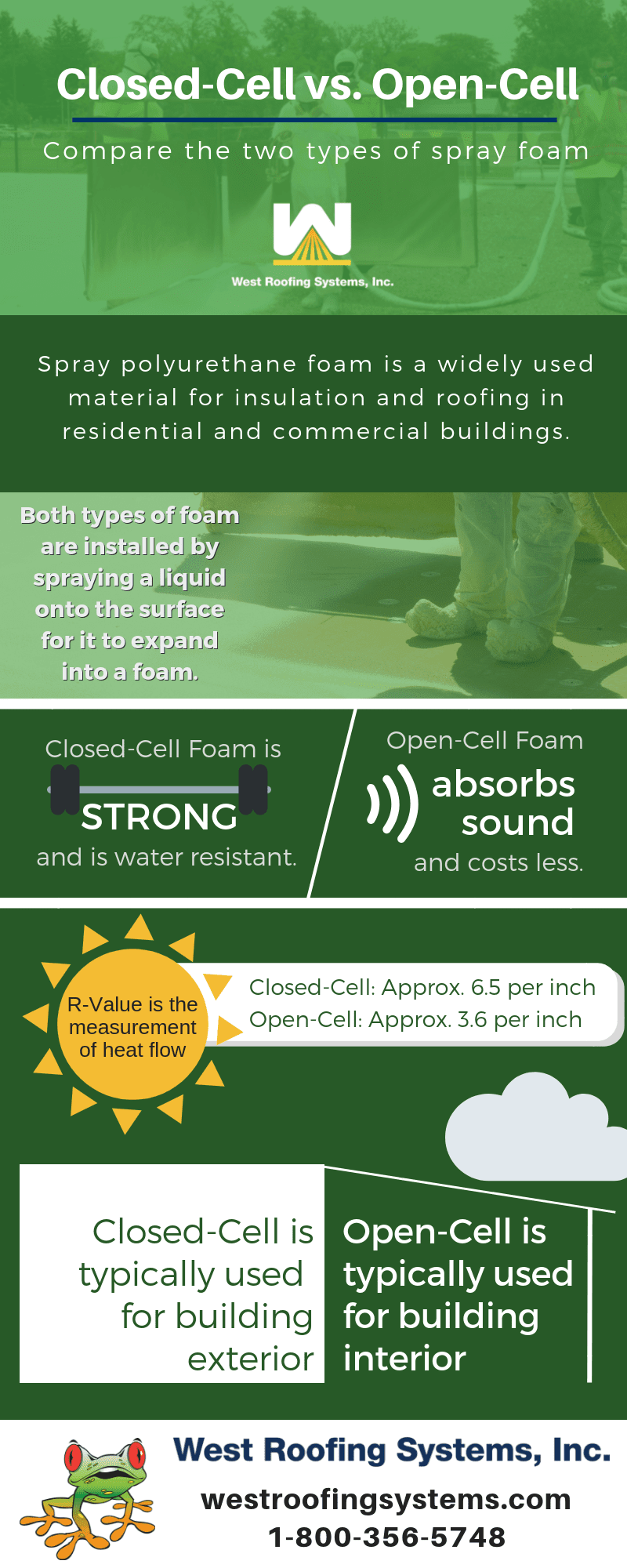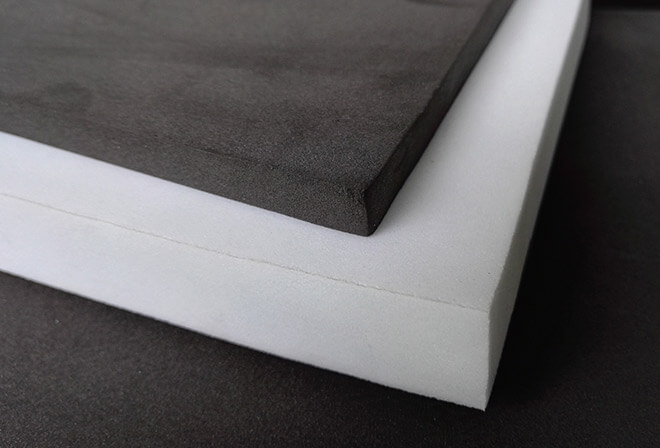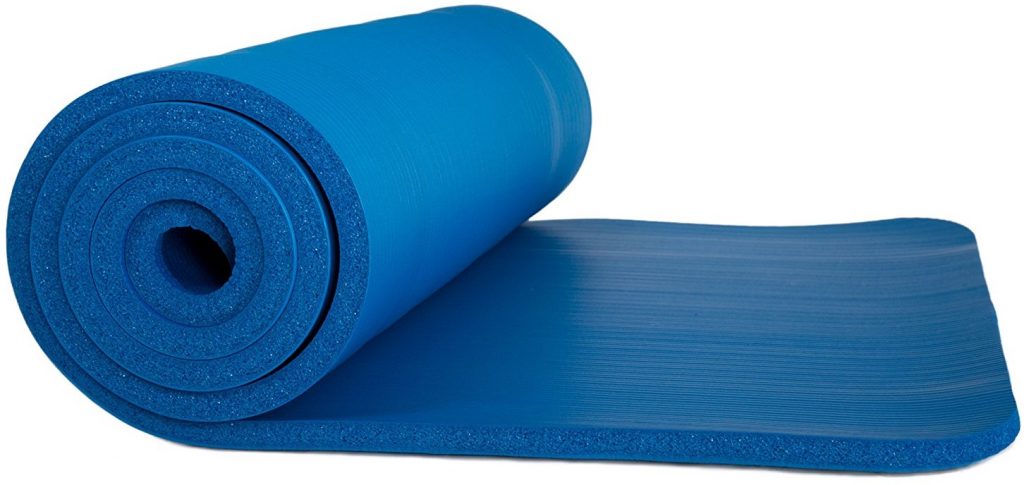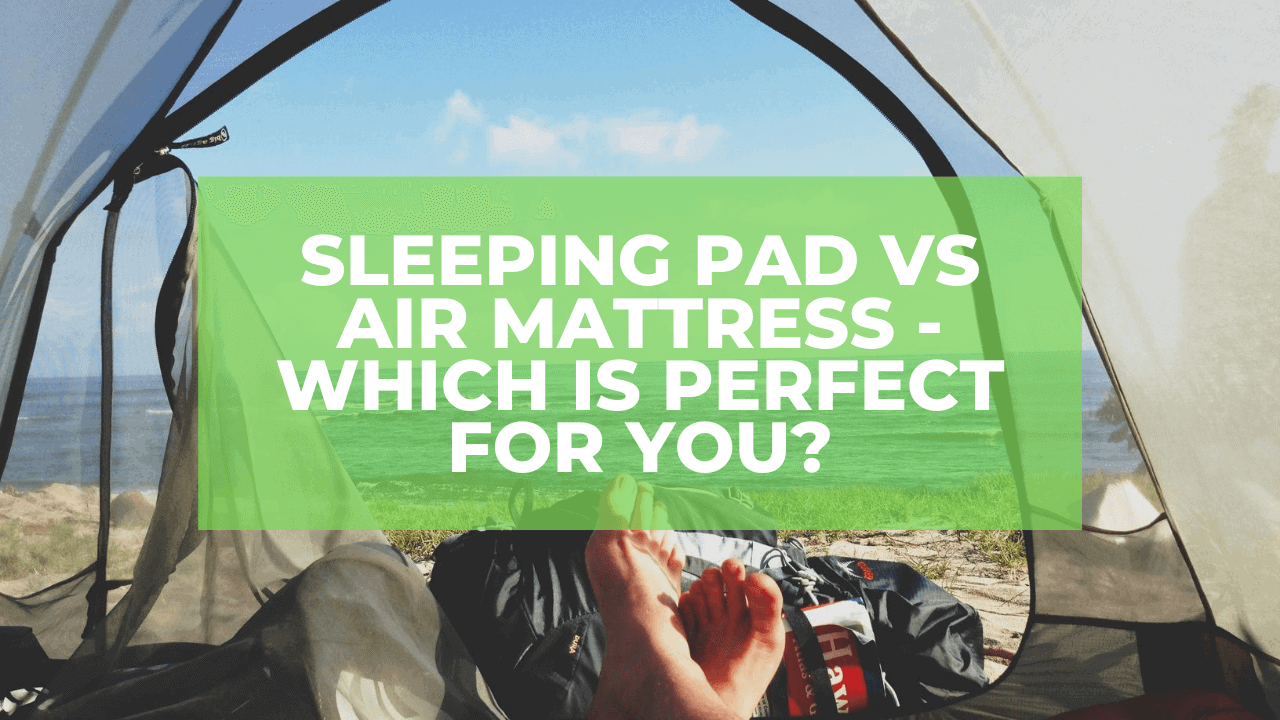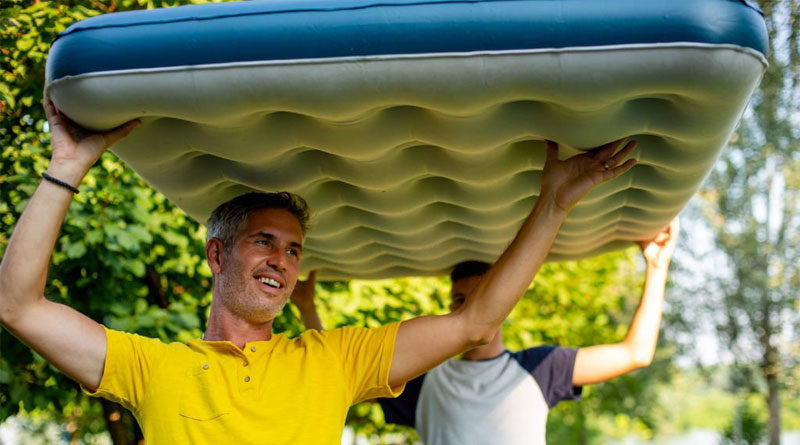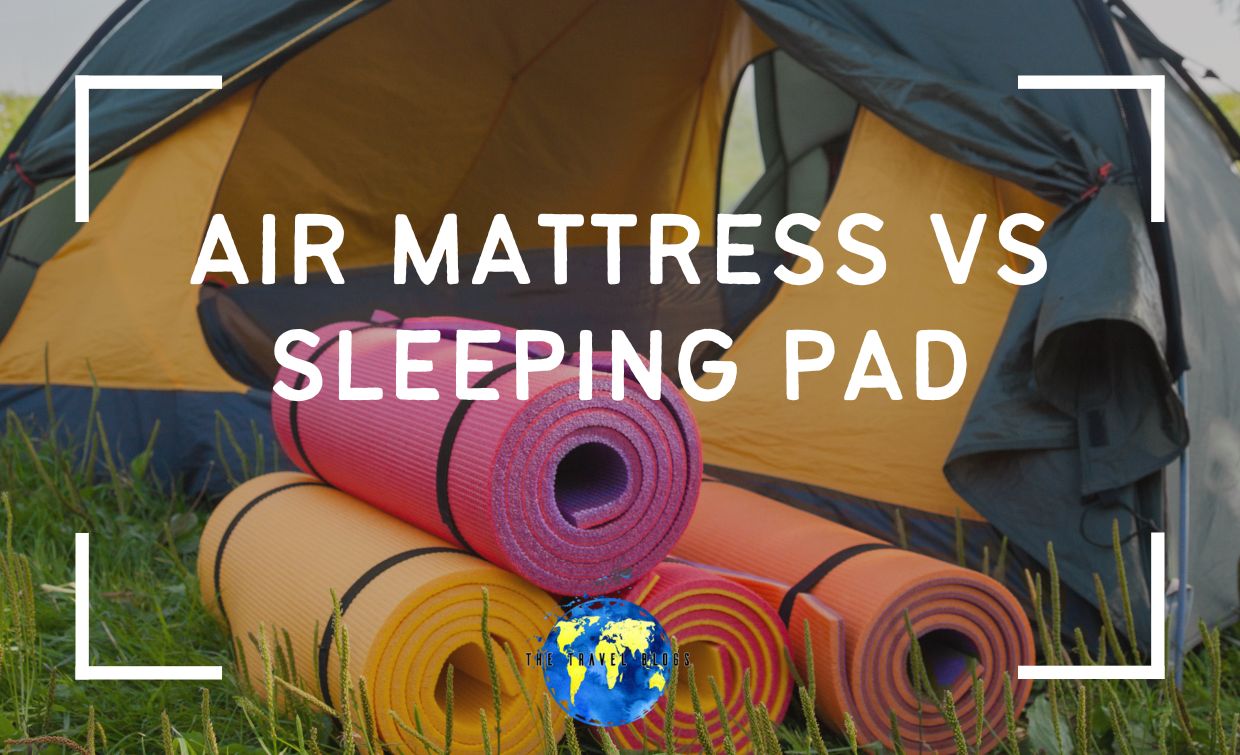When it comes to camping, the type of sleeping pad you choose can make all the difference in your comfort and enjoyment of the outdoors. Two popular options for sleeping pads are closed cell foam and air mattresses. But which one is better for camping? Let's take a closer look at the pros and cons of each. Closed Cell Foam vs. Air Mattress: Which is Better for Camping?
Closed cell foam sleeping pads are known for their durability and insulation. They are made of dense foam material and are typically thin and lightweight, making them easy to pack and carry. They are also very affordable, making them a popular choice among budget-conscious campers. However, they can be less comfortable than air mattresses and may not provide enough cushion for side sleepers. On the other hand, air mattresses offer a more comfortable sleeping surface for many campers. They are typically thicker and softer than closed cell foam pads, providing more cushion and support. They are also easy to inflate and can be adjusted to your preferred firmness. However, they are often heavier and bulkier than closed cell foam pads, making them less ideal for backpacking or long hikes. They can also be more expensive. The Pros and Cons of Closed Cell Foam vs. Air Mattresses
For backpacking, weight and packability are important factors to consider when choosing a sleeping pad. In this case, closed cell foam pads have the advantage. They are lightweight and can be easily rolled up and attached to the outside of a backpack. They are also more durable and can withstand rough terrain and weather conditions. Air mattresses, while more comfortable, may not be practical for backpacking due to their weight and size. Closed Cell Foam vs. Air Mattress: Which is Best for Backpacking?
As mentioned, the main difference between closed cell foam and air mattresses is the material they are made of. Closed cell foam pads are made of dense foam while air mattresses are, as the name suggests, filled with air. This difference in material also affects their insulation capabilities. Closed cell foam provides better insulation and is a popular choice for camping in colder temperatures. Air mattresses, on the other hand, can be less insulating and may require additional layers or blankets for warmth. The Differences Between Closed Cell Foam and Air Mattresses
When it comes to durability, closed cell foam pads have the upper hand. They are made of a dense and durable material that can withstand frequent use and rough conditions. They are also less prone to punctures and tears. Air mattresses, while durable, are more susceptible to damage from sharp objects and may require more careful handling. Closed Cell Foam vs. Air Mattress: Which is More Durable?
As mentioned earlier, closed cell foam sleeping pads provide better insulation than air mattresses. This is because the foam material traps your body heat and keeps you warm throughout the night. Air mattresses, on the other hand, can be less insulating and may leave you feeling cold in colder temperatures. However, air mattresses can be a good option for warmer weather camping as they allow for better airflow and can keep you cool. Comparing the Insulation of Closed Cell Foam and Air Mattresses
Comfort is a subjective factor and can vary from person to person. Some campers may find closed cell foam pads to be too thin and uncomfortable, especially for side sleepers. On the other hand, air mattresses offer a more plush and cushioned sleeping surface, making them more comfortable for many campers. However, it's important to note that air mattresses can lose air and become less comfortable throughout the night. Closed Cell Foam vs. Air Mattress: Which is More Comfortable?
When it comes to weight and packability, closed cell foam pads are the clear winner. They are lightweight and can be easily rolled up and attached to a backpack. They are also more compact and take up less space. Air mattresses, while more comfortable, can be bulkier and heavier, making them less ideal for backpacking or long hikes. The Weight and Packability of Closed Cell Foam vs. Air Mattresses
For budget-conscious campers, the cost of a sleeping pad may be an important factor to consider. In this case, closed cell foam pads are the more affordable option. They are typically priced lower than air mattresses and can save you money in the long run due to their durability and long lifespan. Air mattresses can be more expensive, especially for higher quality ones, but they may offer a more comfortable night's sleep for some campers. Closed Cell Foam vs. Air Mattress: Which is More Affordable?
Ultimately, the best sleeping pad for camping depends on your personal preferences and camping needs. Closed cell foam pads are a great option for backpacking and colder weather camping, while air mattresses can provide a more comfortable sleeping surface for warmer weather camping. Consider the pros and cons of each and choose the one that will best suit your camping style and comfort level. Happy camping! Choosing the Right Sleeping Pad: Closed Cell Foam vs. Air Mattress
Why Choose a Closed Cell Mattress for Your Next Camping Trip?
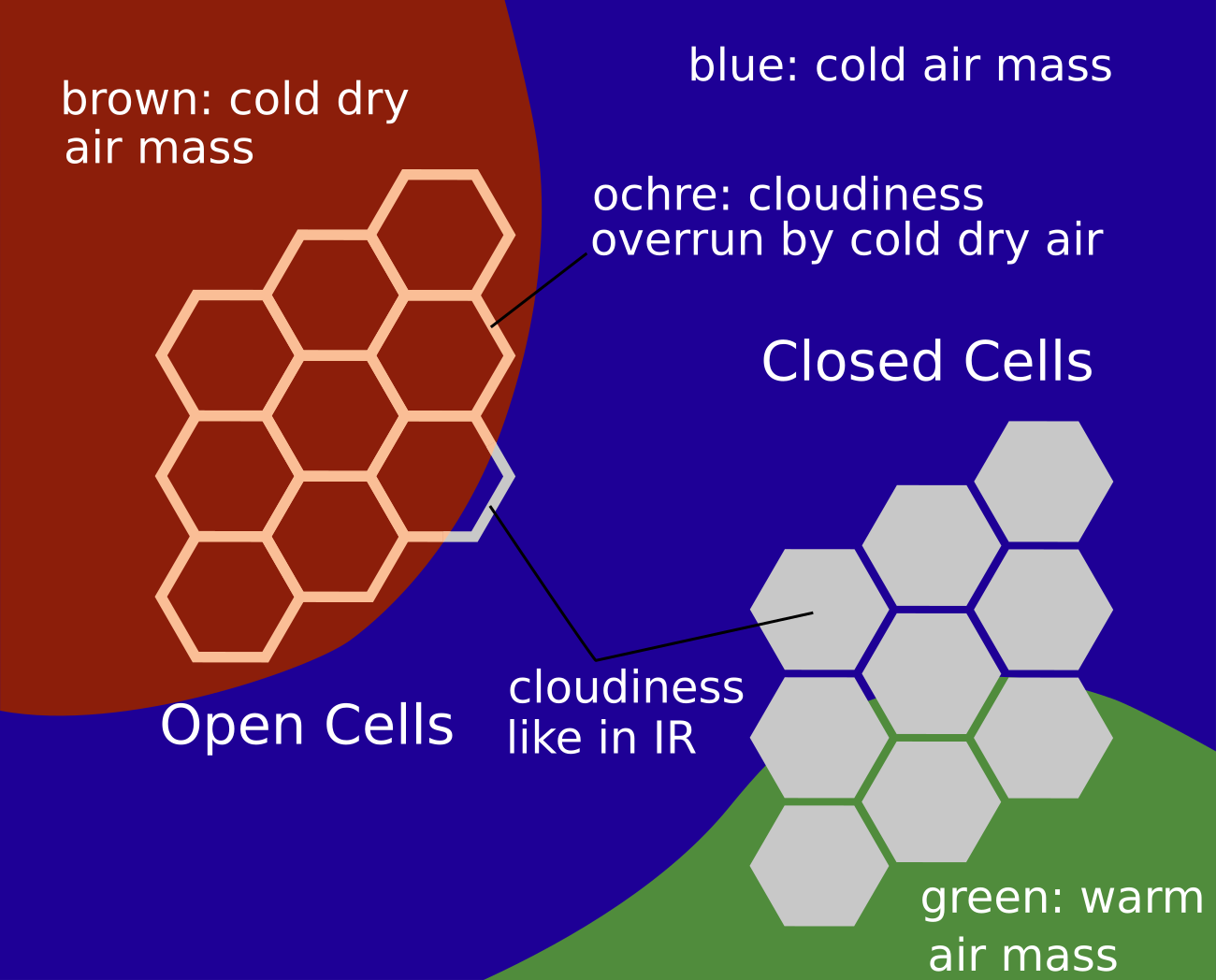
Lightweight and Durable
 When it comes to camping, weight and durability are key factors to consider.
Closed cell mattresses
are made of dense foam material that is not only lightweight but also very strong. This makes them perfect for backpacking and hiking trips where every ounce counts. They can withstand rough terrain and will not easily tear or puncture, unlike air mattresses which are prone to leaks and tears.
When it comes to camping, weight and durability are key factors to consider.
Closed cell mattresses
are made of dense foam material that is not only lightweight but also very strong. This makes them perfect for backpacking and hiking trips where every ounce counts. They can withstand rough terrain and will not easily tear or puncture, unlike air mattresses which are prone to leaks and tears.
Insulation and Comfort
 While
air mattresses
may seem more comfortable at first glance, closed cell mattresses provide better insulation and support. The foam material traps warm air, keeping you warm and comfortable even on cold nights. It also provides a more stable and firm sleeping surface, which is beneficial for those with back and joint issues. You won't have to worry about waking up with a sore back after a night of camping on a closed cell mattress.
While
air mattresses
may seem more comfortable at first glance, closed cell mattresses provide better insulation and support. The foam material traps warm air, keeping you warm and comfortable even on cold nights. It also provides a more stable and firm sleeping surface, which is beneficial for those with back and joint issues. You won't have to worry about waking up with a sore back after a night of camping on a closed cell mattress.
No Setup Required
 One of the biggest advantages of closed cell mattresses is that they require no setup. Unlike air mattresses, which need to be inflated and deflated, closed cell mattresses can simply be rolled out and used immediately. This not only saves you time and effort but also eliminates the risk of punctures or leaks during setup. It also makes them a great option for impromptu camping trips or emergencies.
One of the biggest advantages of closed cell mattresses is that they require no setup. Unlike air mattresses, which need to be inflated and deflated, closed cell mattresses can simply be rolled out and used immediately. This not only saves you time and effort but also eliminates the risk of punctures or leaks during setup. It also makes them a great option for impromptu camping trips or emergencies.
Cost-Effective
 In terms of cost, closed cell mattresses are the clear winner. They are significantly cheaper than air mattresses and have a longer lifespan. With proper care, a closed cell mattress can last for years, making it a cost-effective investment for frequent campers. On the other hand, air mattresses can easily get damaged and may need to be replaced more often, adding to the overall cost.
In conclusion, while both closed cell and air mattresses have their own pros and cons, closed cell mattresses are the better option for camping trips. They are lightweight, durable, provide insulation and support, require no setup, and are cost-effective in the long run. So, if you're planning your next camping trip, consider investing in a closed cell mattress for a comfortable and hassle-free experience.
In terms of cost, closed cell mattresses are the clear winner. They are significantly cheaper than air mattresses and have a longer lifespan. With proper care, a closed cell mattress can last for years, making it a cost-effective investment for frequent campers. On the other hand, air mattresses can easily get damaged and may need to be replaced more often, adding to the overall cost.
In conclusion, while both closed cell and air mattresses have their own pros and cons, closed cell mattresses are the better option for camping trips. They are lightweight, durable, provide insulation and support, require no setup, and are cost-effective in the long run. So, if you're planning your next camping trip, consider investing in a closed cell mattress for a comfortable and hassle-free experience.



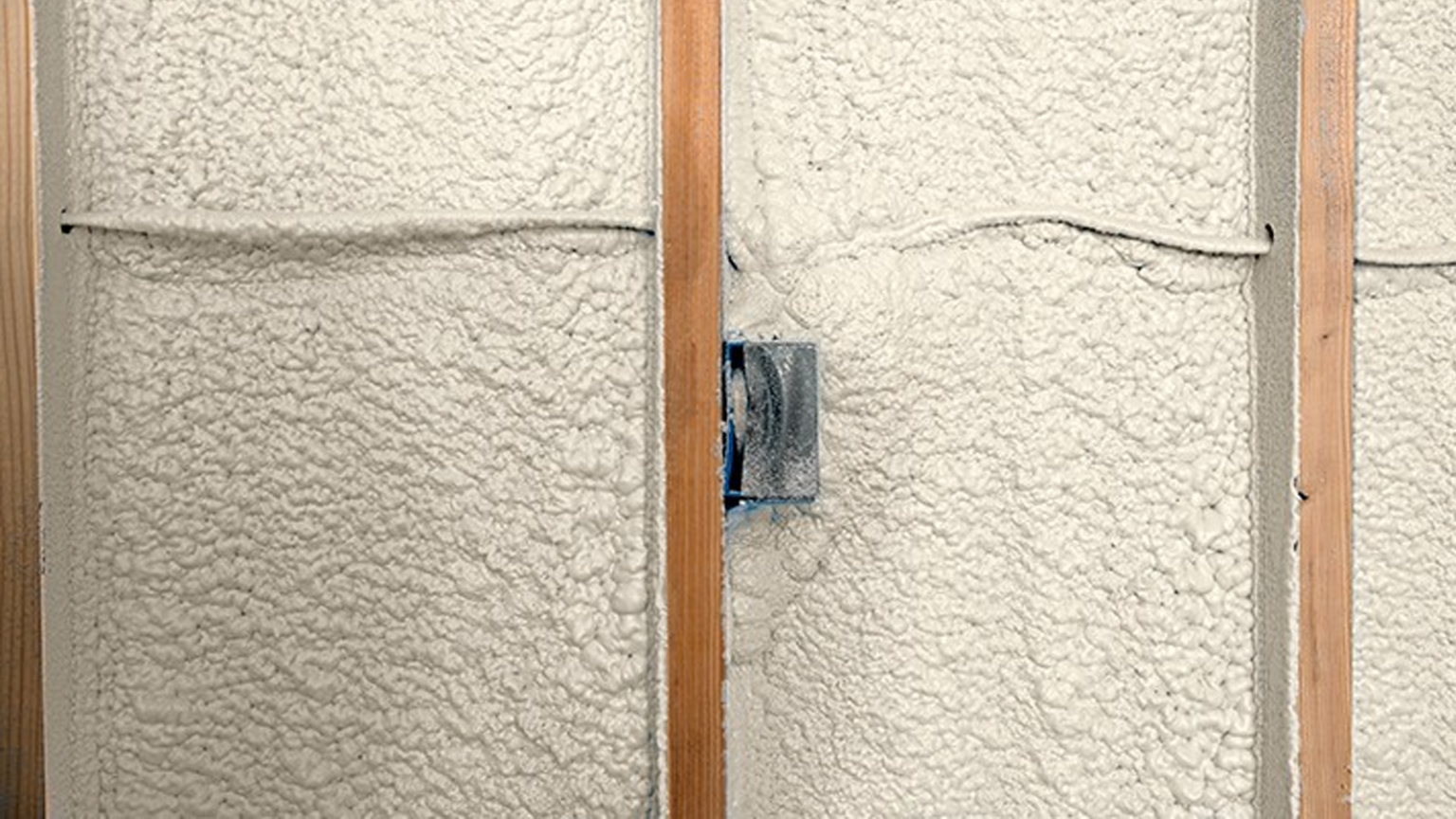
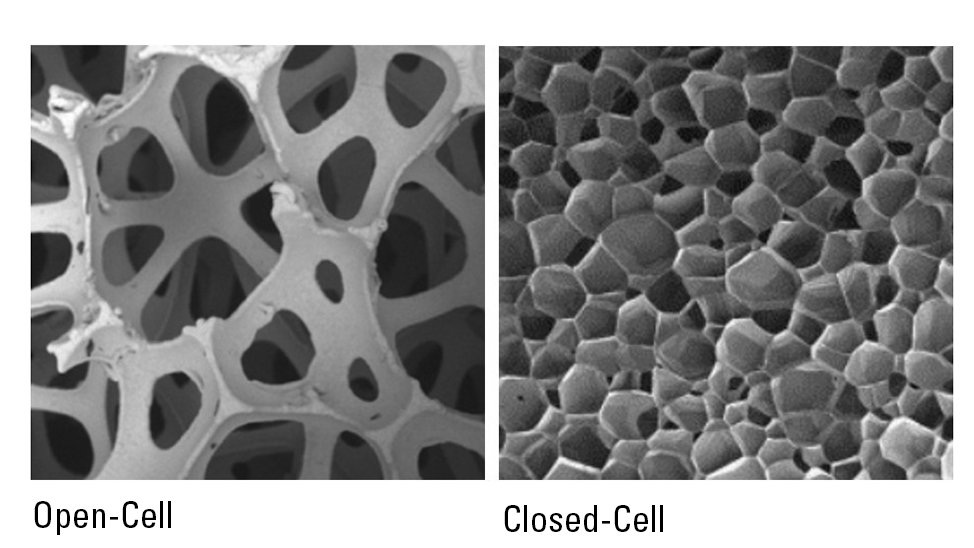
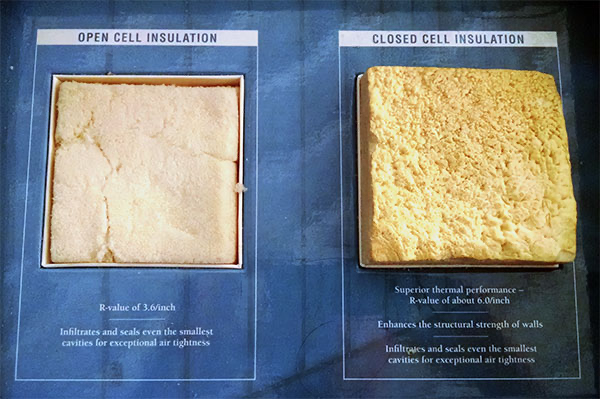

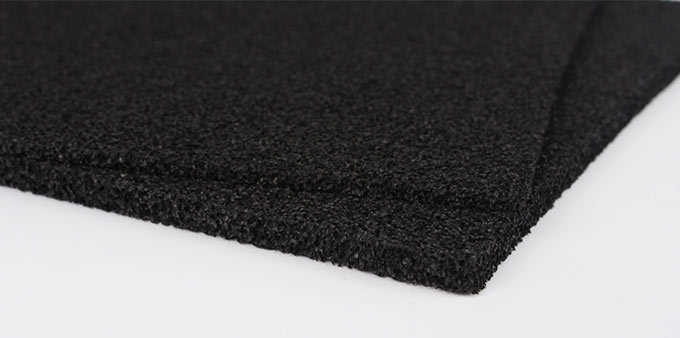

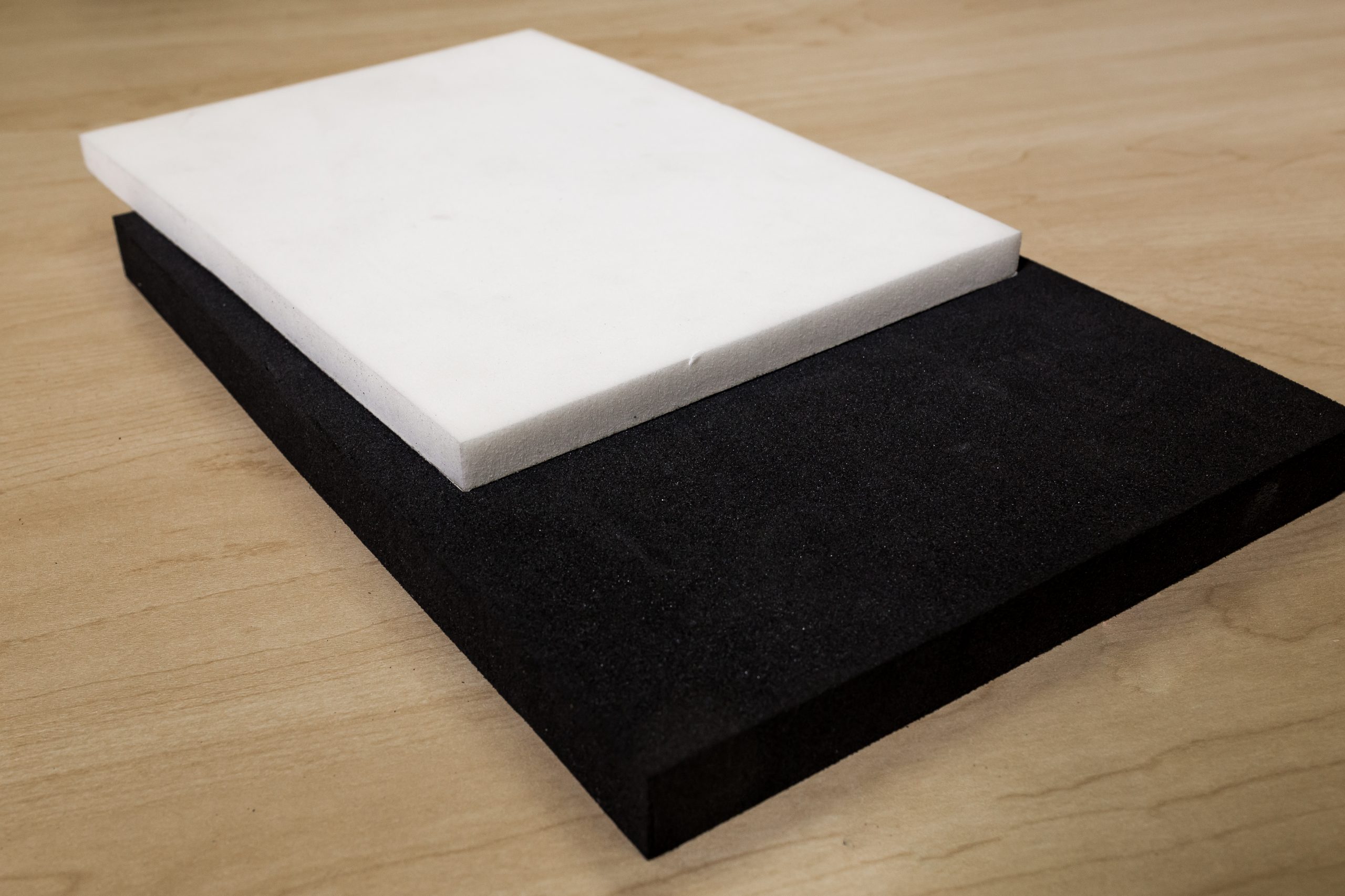

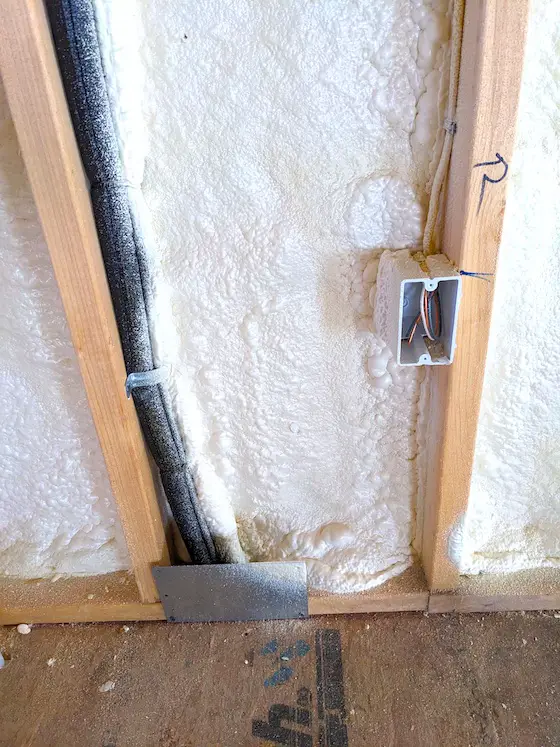




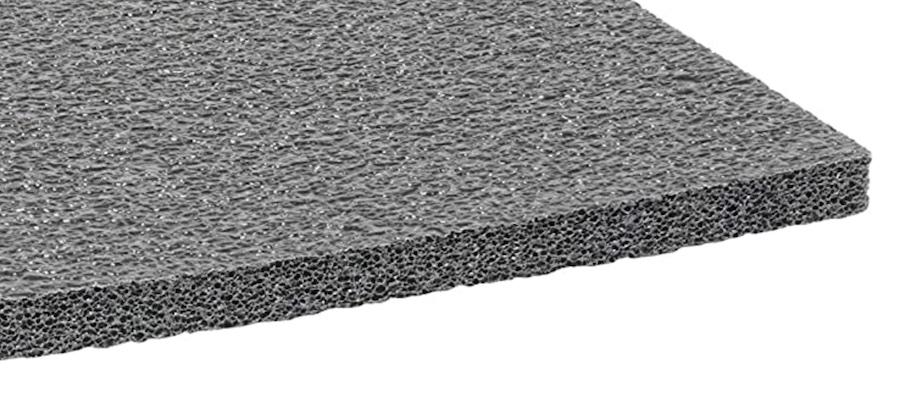
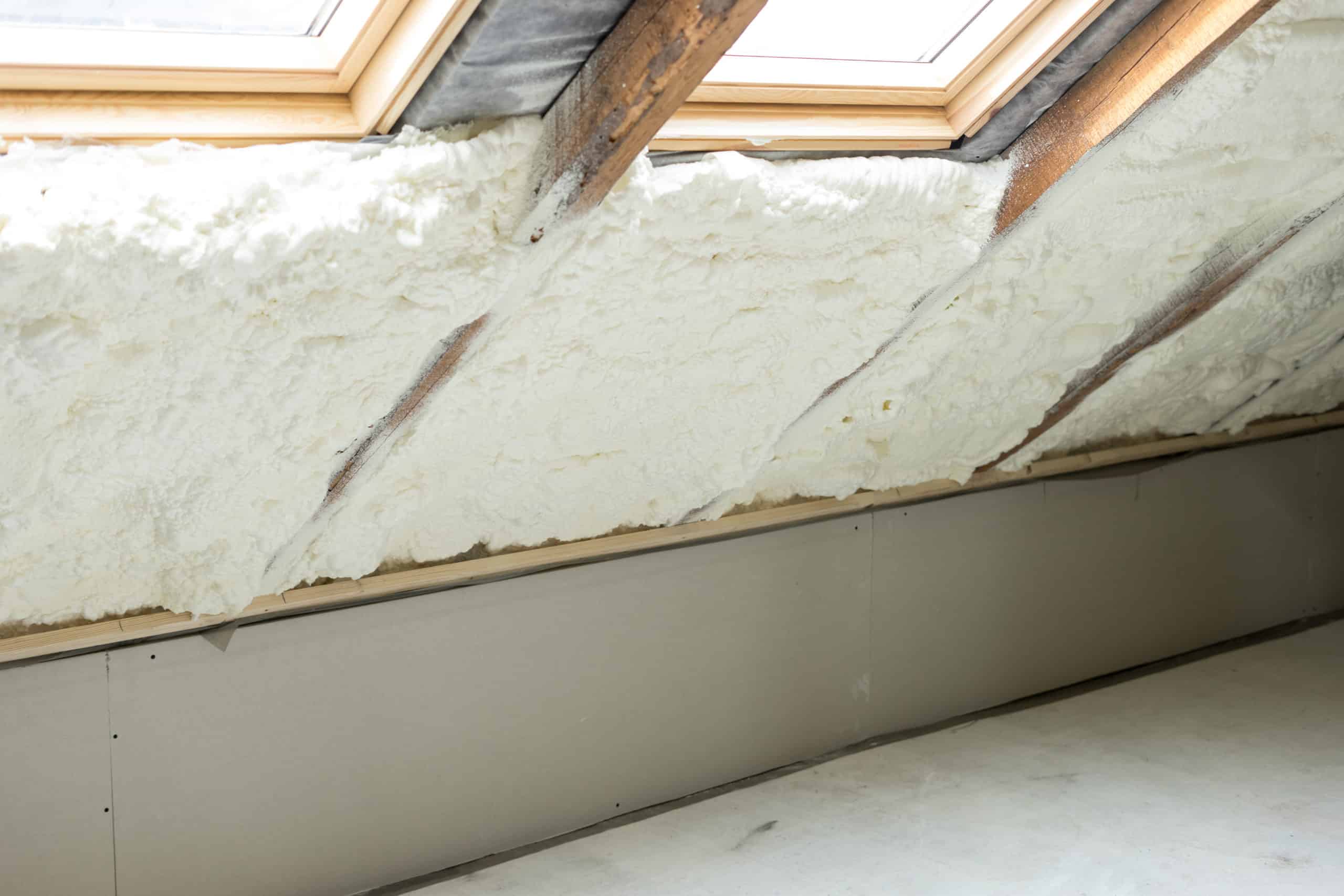
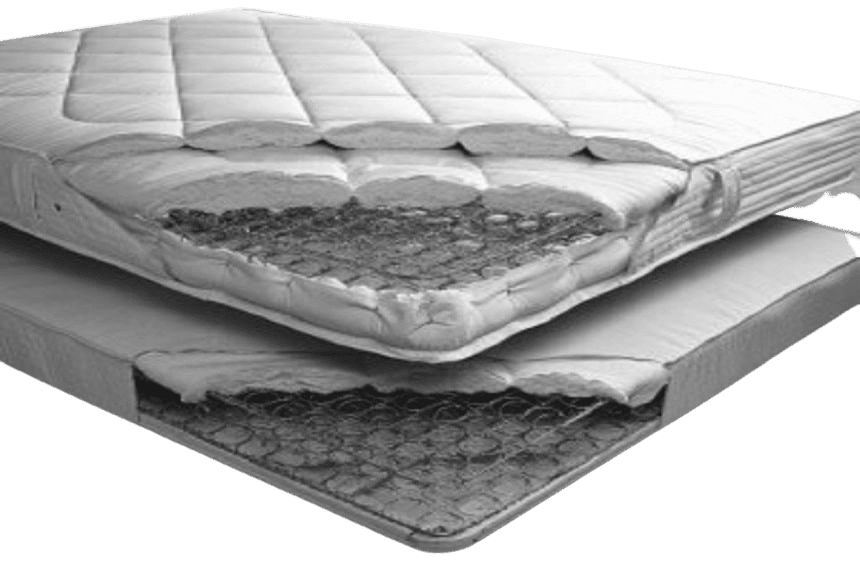

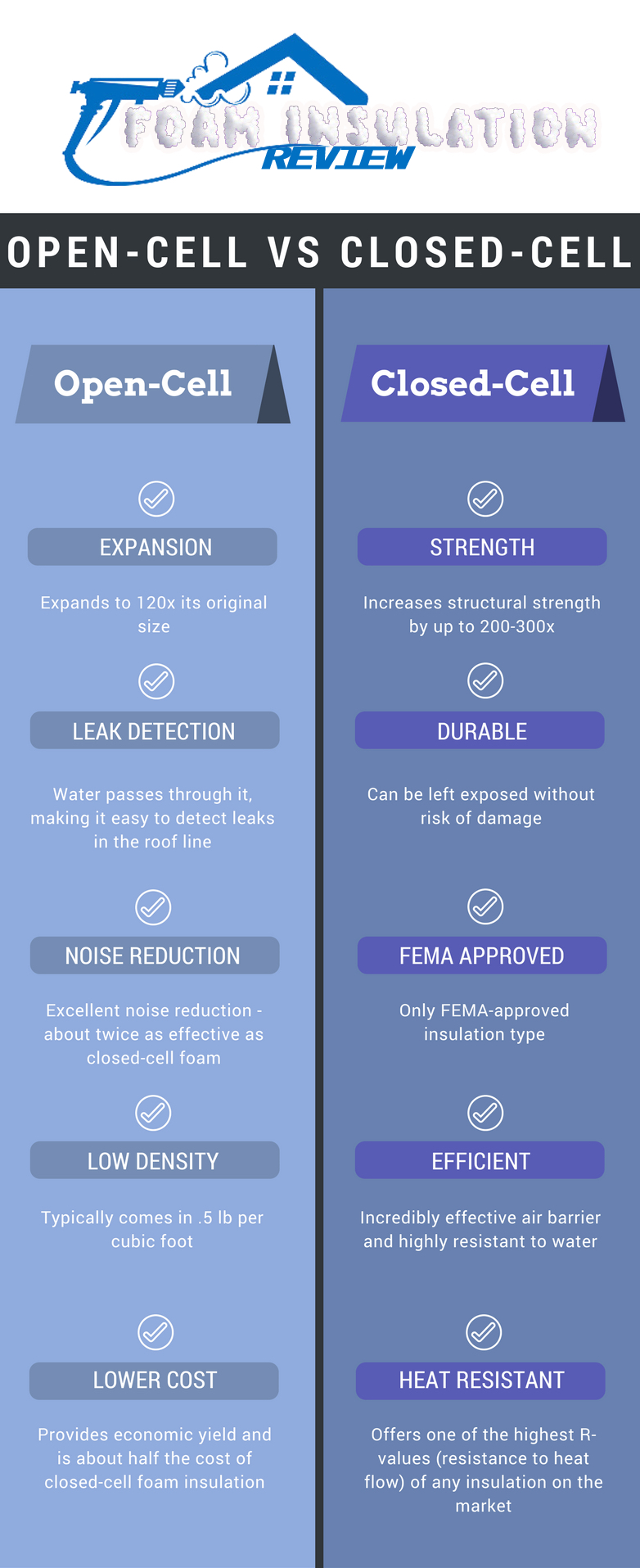


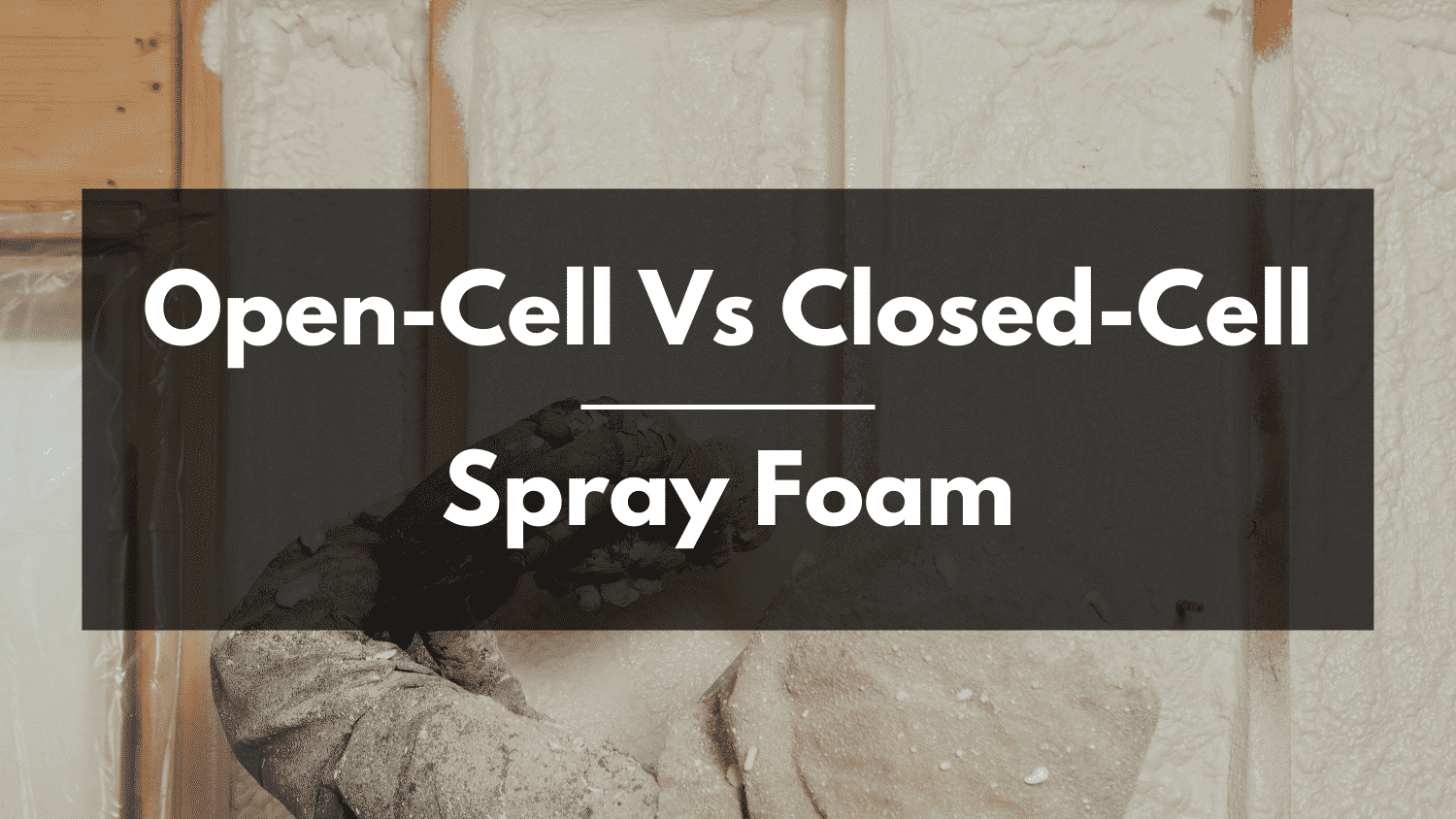

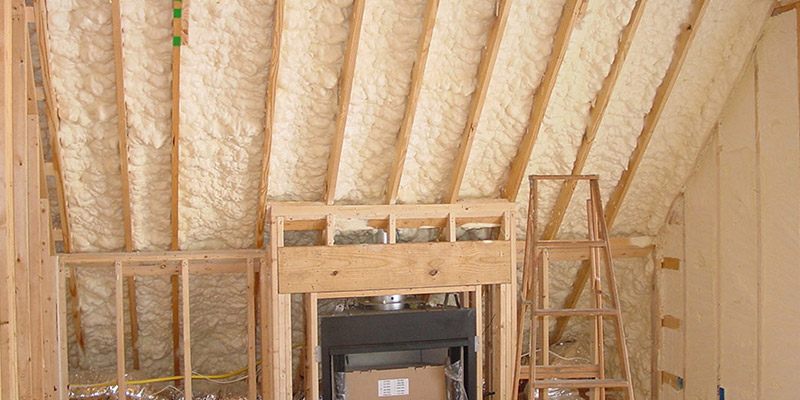

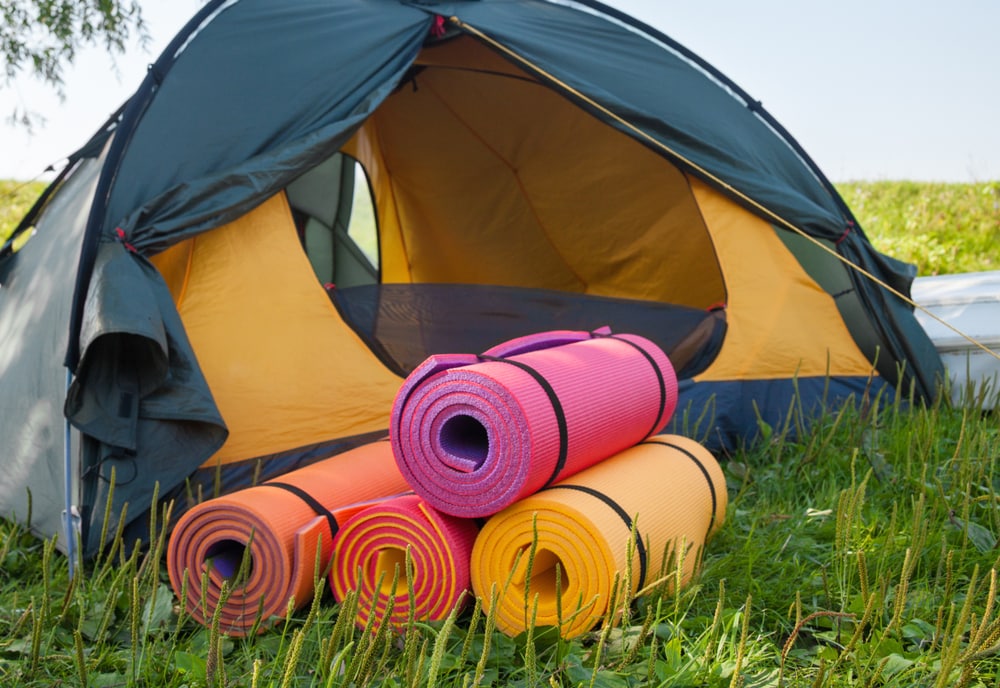
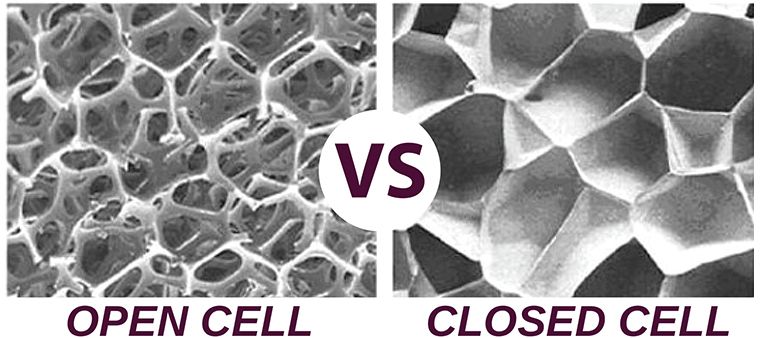

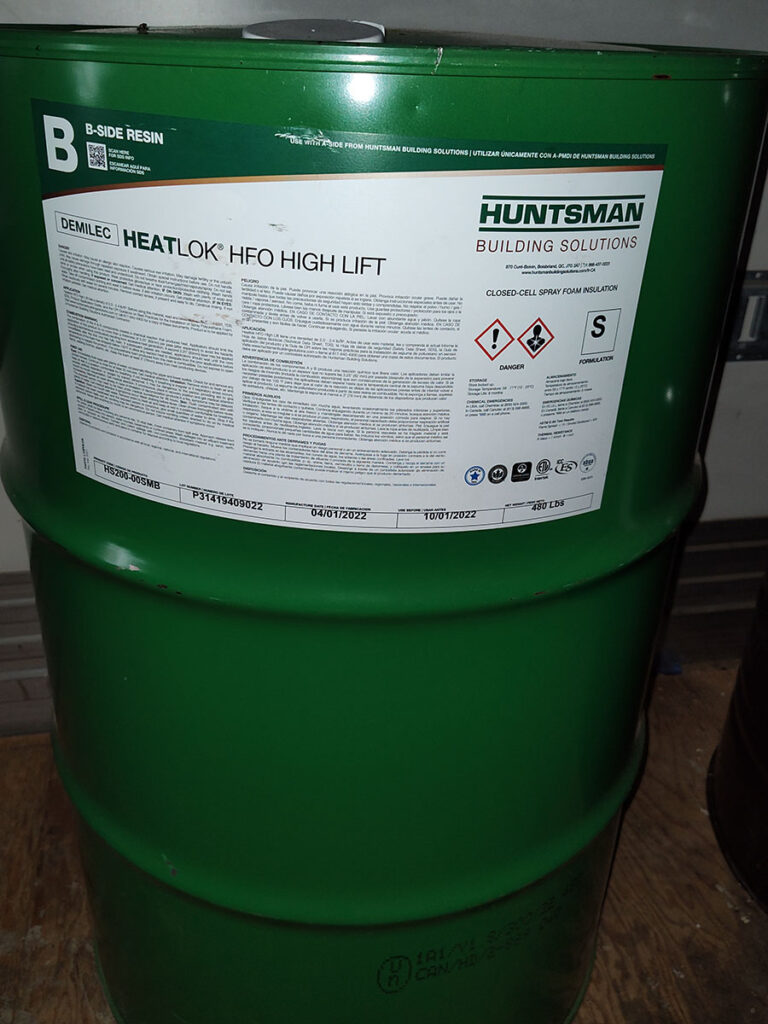

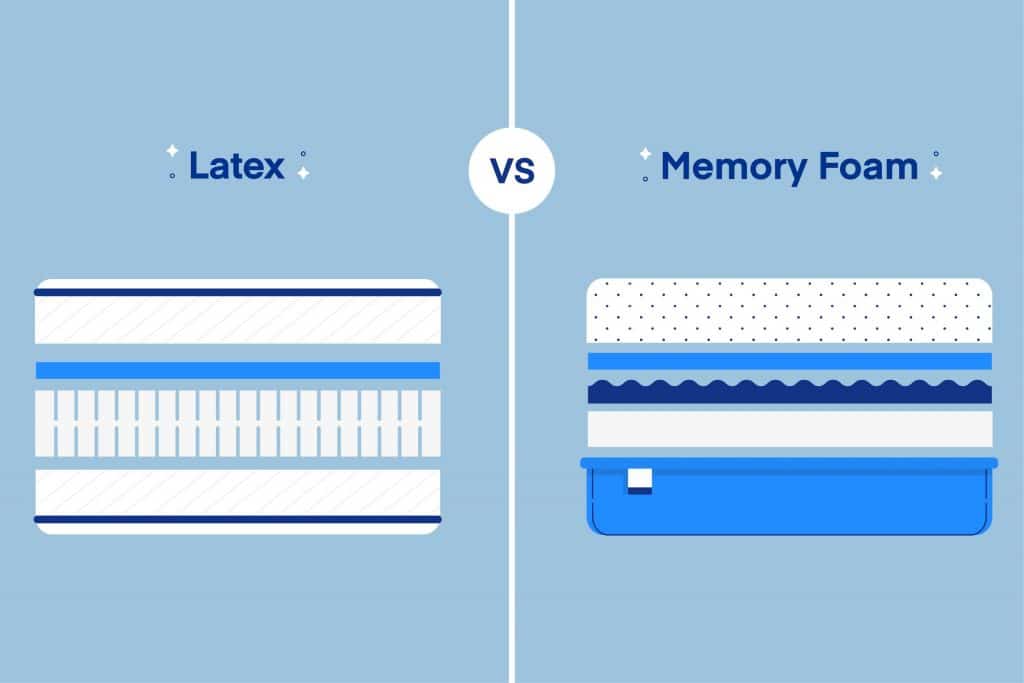
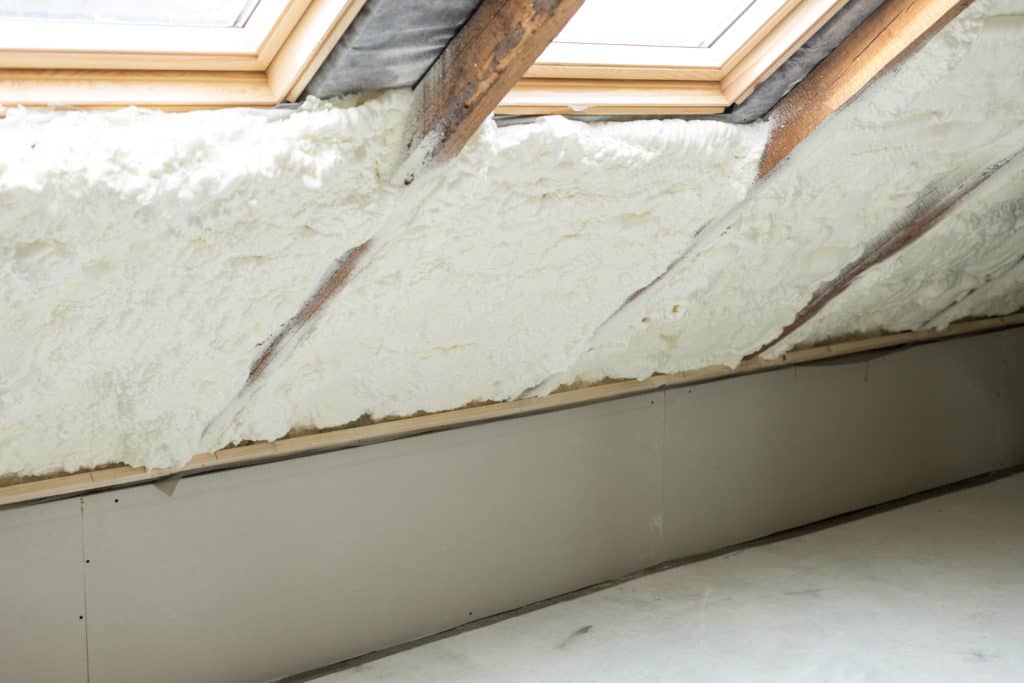
.jpg)



